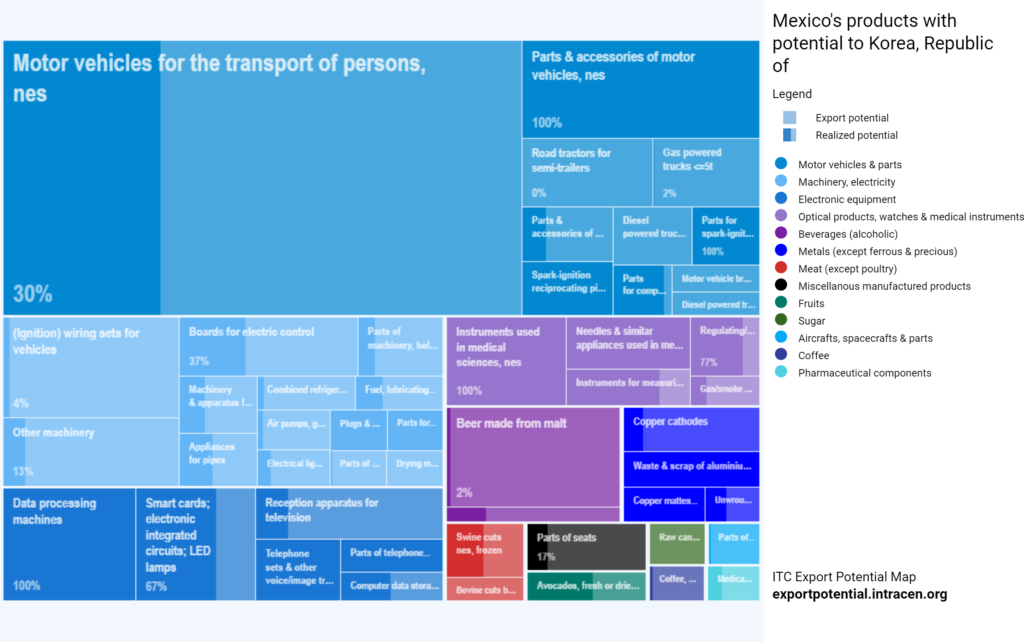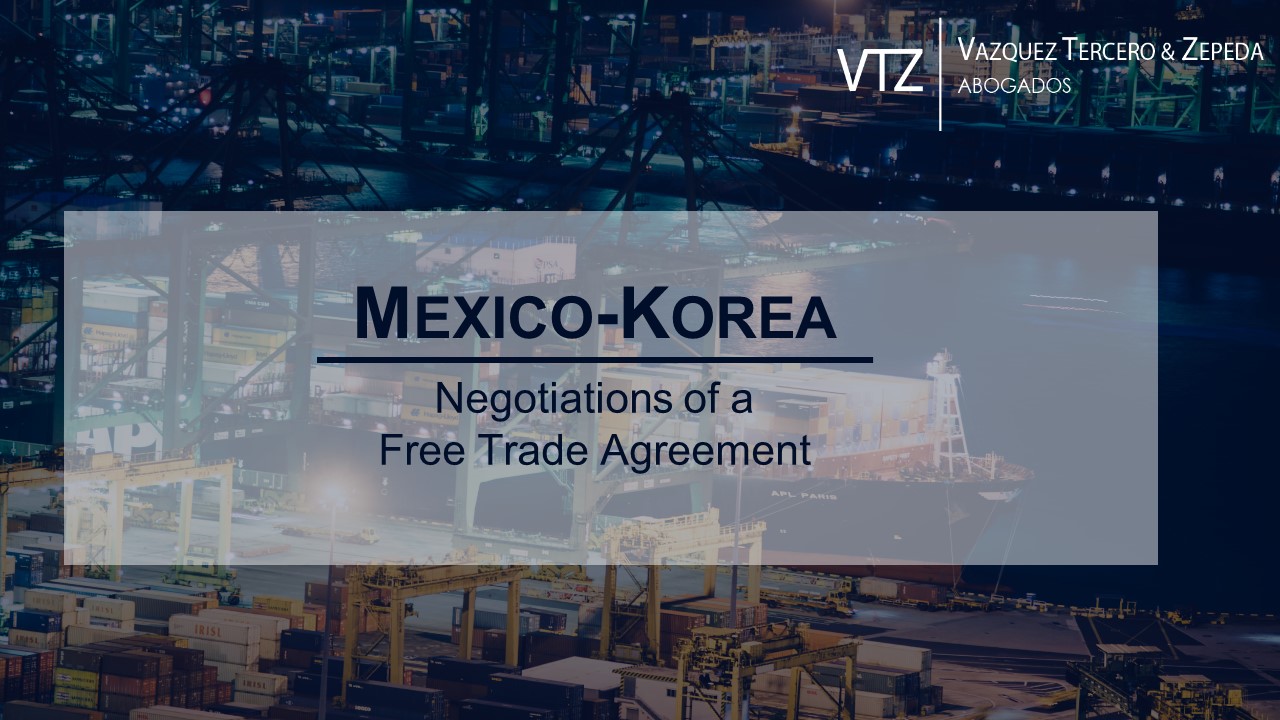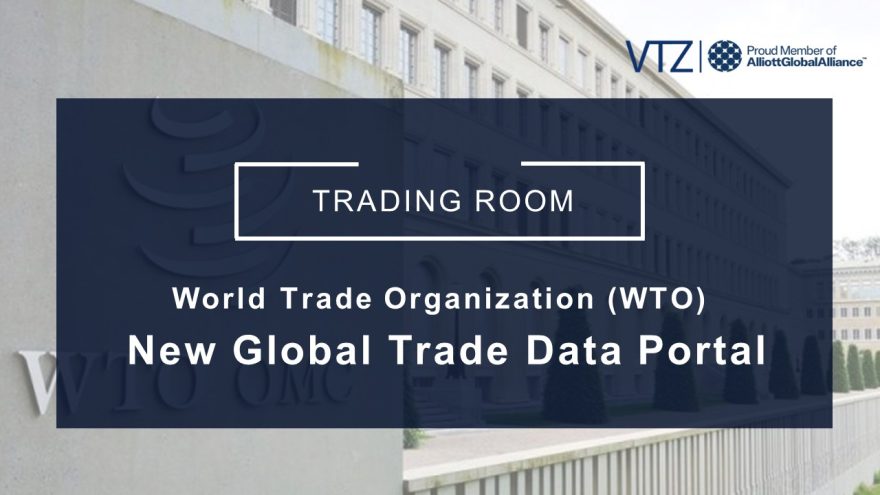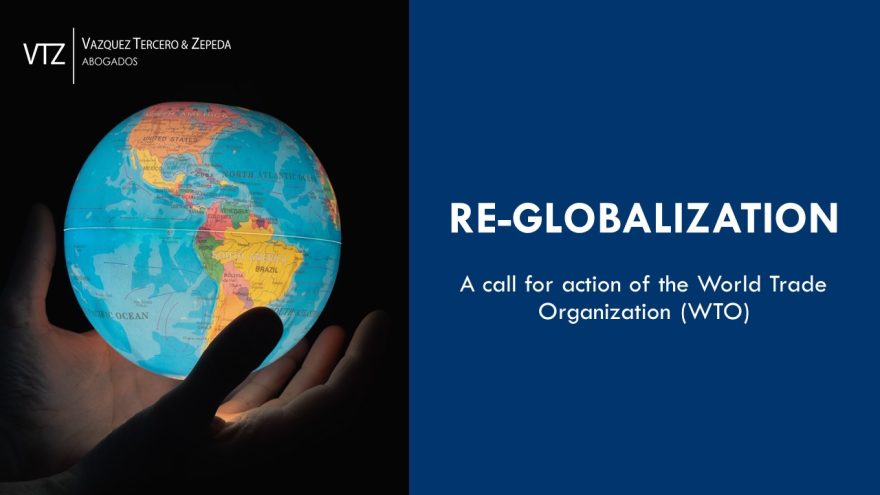Mexico - South Korea Free Trade Agreement
Last Wednesday, March 2, 2022, the Ministry of Economy announced, through a press release, the resumption of negotiations between Mexico and South Korea for a Free Trade Agreement (FTA).
#Comunicado | México🇲🇽 y Corea del Sur🇰🇷 acuerdan el inicio de negociaciones para un Tratado de Libre Comercio. pic.twitter.com/VLOKmFbabo
— Economía México (@SE_mx) March 2, 2022
Minister of Economy of Mexico, Tatiana Clouthier, held a meeting with the Minister of Trade of the Republic of Korea, Mr. Han-koo Yeo, in which she reaffirmed the commitment to strengthen the trade and economic relationship. To this end, the creation of an institutional framework to reduce trade barriers in goods and services, improve the resilience of supply chains, as well as environmental sustainability and technological exchange.
Mexico - South Korea Trade Relations
Mexico and South Korea have a history of diplomatic relations of almost 60 years. In addition, they maintain a trade relationship based on multilateral agreements, such as the Marrakesh Agreement establishing the World Trade Organization (1994) and the Asia-Pacific Economic Cooperation Forum (since 2006).
It is worth noting that, despite the lack of a bilateral FTA between our countries, Korea is Mexico’s 6th largest trading partner worldwide and Mexico is the 1st trading partner in Latin America for the Asian country. However, trade between Mexico and Korea only represents 3.9% of Mexico’s total trade with the United States.

According to the International Trade Center (ITC), Mexico currently exports high-end products to Korea, such as automobiles and their parts, data processing machines, telephone sets, food products (pork and beef and fish), and metals and mineral scrap. In addition, Mexico has an export potential of up to US$276.5 million worth of motor vehicles for the transport of persons, parts and accessories for motor vehicles.
Free Trade Agreement Negotiations
Mexico and Korea expect to hold a preliminary meeting during March with the objective of having the first round of negotiations in the first half of 2022.
Finally, it should be noted that this is not the first time that both countries have attempted to negotiate an FTA, as talks were held in 2006 and 2008, but were abandoned due to the lack of consensus.
We must not lose sight of the fact that Korea is the next country in “line» to start negotiations within the framework of the Pacific Alliance, where Singapore’s inclusion was recently approved (See). In this sense, Mexico may be feeling the diplomatic pressure to finally negotiate a bilateral FTA with Korea.
Mexican Industry's Reactions to the FTA with Korea
The Ministry of Economy of Mexico points out that having an FTA with Korea would allow the agricultural sector to have access to the Korean market and that Mexico would benefit from the transfer of technology and the attraction of investments.
Abrir un mercado a nuestros productos agrícolas, minerales, transferencia de tecnología, atracción de inversion de ellos hacia nuestro pais por nombrar algunos. Es un saque...
— Tatiana Clouthier (@tatclouthier) March 1, 2022
However, the National Confederation of Industrial Chambers (CONCAMIN) expressed its rejection of a free trade agreement with Korea (Reforma, March 3). In essence, the argument is that imports of manufactured and industrial goods with high added value could displace or replace Mexican manufactured goods. Furthermore, an FTA with Korea departs from the vision of integration with North America.
Mexico - Korea Trade Relations
We invite you to read the publication of our Partner Emilio Arteaga and Carolina Zarate in Doing Business Mexico.
Need more information?
VTZ is a firm specialized in International Trade and Customs and IMMEX with a team with extensive experience, contact our key members today:











